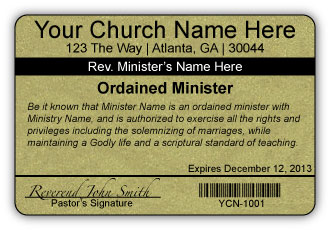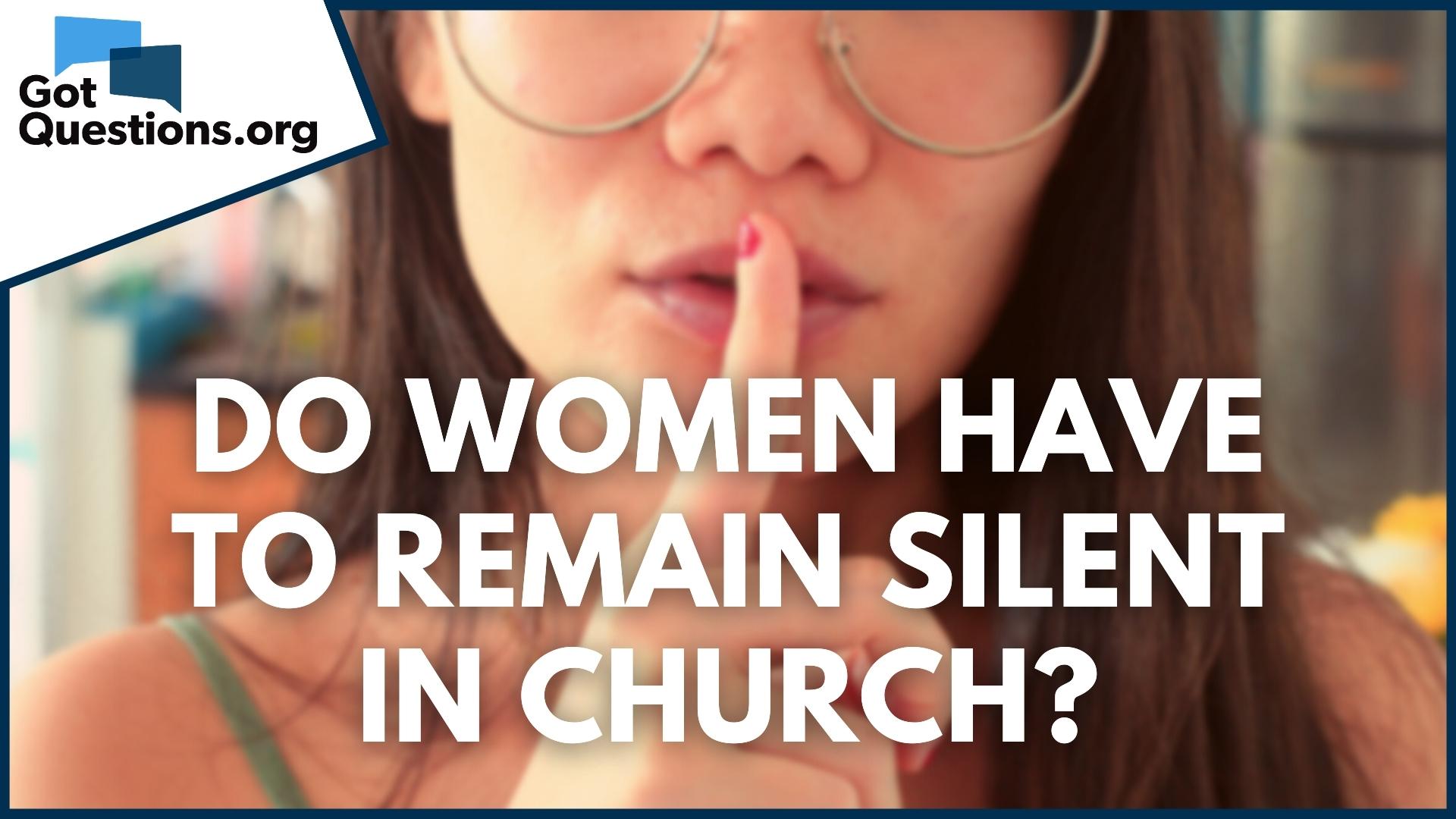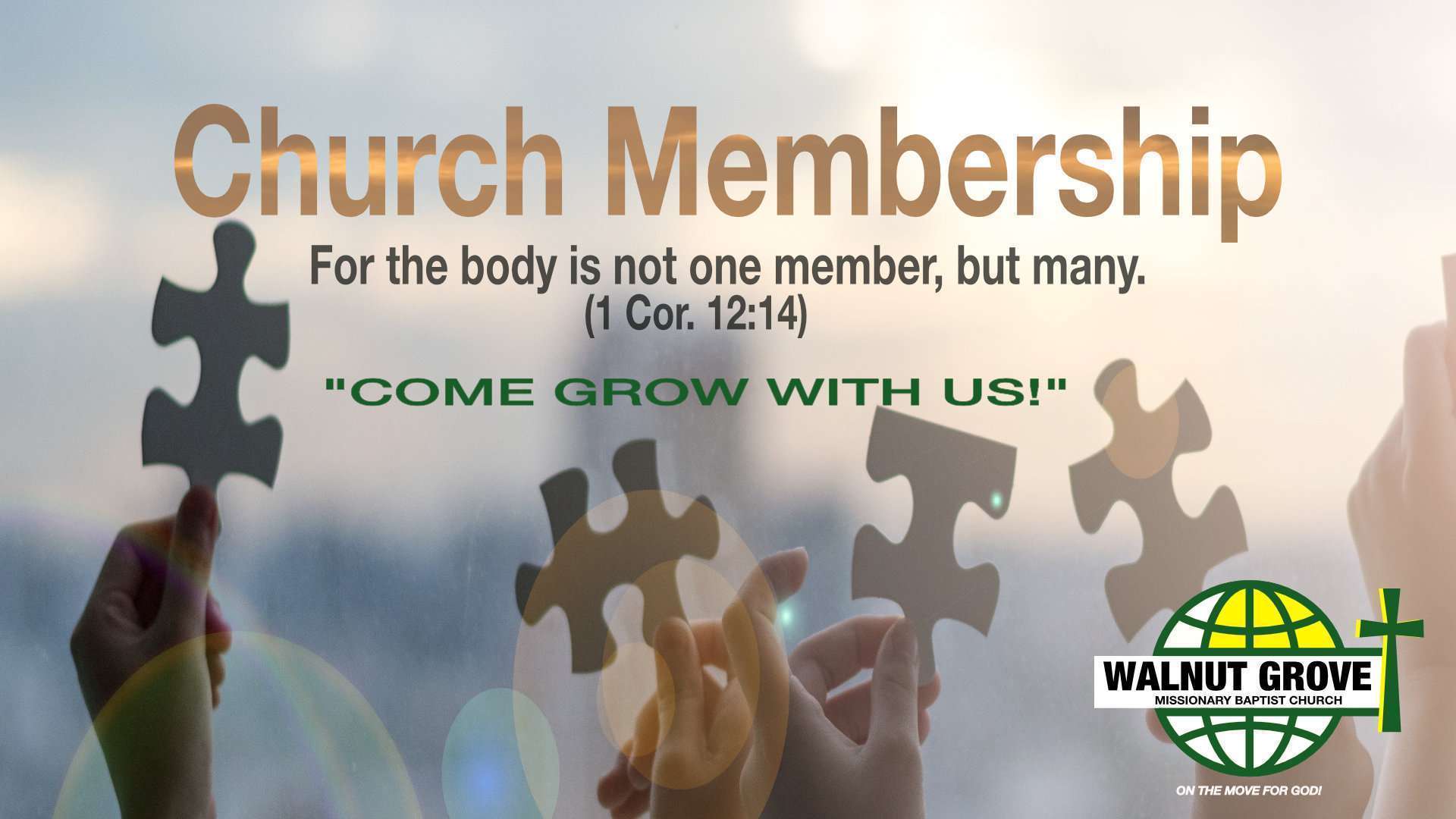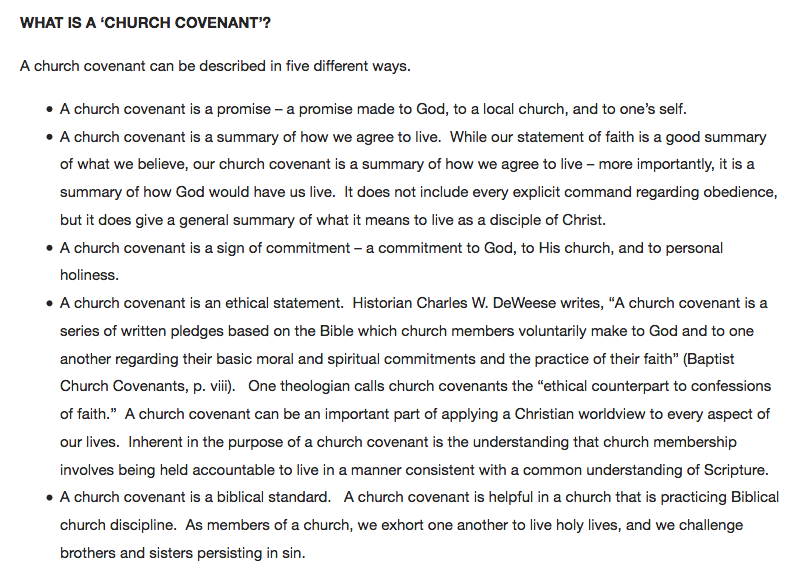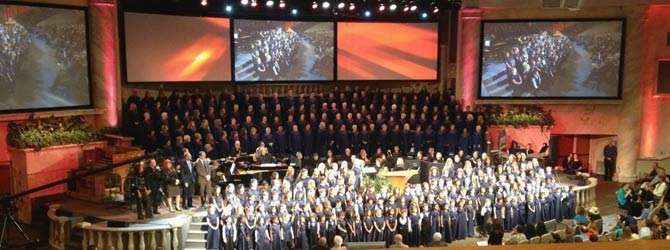Ordaining ministers through your church is an important decision, and it’s one that shouldn’t be taken lightly. Not only do you have to consider the minister’s qualifications. But you also have to consider the theological implications of ordaining them.
In this blog post, we will outline some of the steps you need to take in order to ordain ministers through your church. From exploring ministerial candidates to conducting an ecclesiastical evaluation, these steps will help ensure that you make the best decision for your congregation.
What Is An Ordination?
An ordination is a formal ceremony that marks a person’s entrance into the ministry. Ordinations vary from denomination to denomination, but most typically involve ritual induction into full ministry by a church or clergy authority. The rite of ordination may be performed by a bishop, priest, deacon, elder, or other spiritual leader.
In more traditional churches, only men may be ordained. In some churches, women may also be ordained through the laying on of hands by a bishop. Ordination ceremonies are often elaborate affairs and can take many hours to complete.
They usually include readings from scripture, prayers, and an address from the presiding minister or other officiant. Afterward, the newly ordained minister is given a collar or other symbol of office and usually given duties to carry out as part of his or her new role in the Church.
How To Ordain Ministers Through Your Church
There are a few different ways that ministers can be ordained through your church. Some churches ordain ministers through an ecclesiastical process, while others may ordain ministers through the laying on of hands. In either case, there are certain requirements that must be met before an individual can be ordained.
Ecclesiastical Process: Ordination through an ecclesiastical process involves a set of formal steps that must be followed in order for someone to be ordained as a minister. These steps include being nominated by a congregation or group of congregants, being elected by the congregation or group, and receiving confirmation from the bishop or equivalent authority.
Laying On Of Hands: Ordination through the laying on of hands is also possible, though it is less formal than the ecclesiastical process. This method involves anointing an individual with oil and then giving them authority to serve as a minister. Once this has been done, the individual is considered to have been officially ordained and can begin serving as a minister within your church.
The Steps Of An Ordination Ceremony
When someone sets out to become a minister through their church, they will undergo an ordination ceremony. This ceremony can take a variety of forms and can vary depending on the denomination or organization. The steps of an ordination ceremony are typically as follows:
1) The person seeking ordination will typically meet with their pastor or another senior member of the clergy to discuss their qualifications for ministry.
2) Following this meeting, the individual will likely receive some training in how to lead a Bible study or serve as a deacon or elder in the church.
3) Finally, the individual must pass a theological examination which tests their knowledge of scripture and doctrine.
What To Expect After Ordaining A Minister
After ordaining a minister, there are many things to expect.
Your church may have specific expectations for the minister’s role, but most churches expect ministers to provide pastoral care and leadership in worship services. Ministers typically preach from Scripture, lead congregational worship, and offer other spiritual guidance to members. Some ministers also serve as missionaries or educators.
What is ordination?
Ordination is the formal process by which a person becomes ordained in a specific branch of Christianity. There are several steps that must be taken in order for someone to be ordained. The requirements vary depending on the denomination, but typically you must be baptized, confirmatively baptized, and have been recommended by two or three ministers. After meeting the requirements, you will then undergo an oral examination where your ordination can be granted.
How does ordination work in a church?
Ordination is the process of formally recognizing a minister in a church as authorized to perform religious ceremonies. In most Protestant churches, ordination is performed by an ordained minister. The person who ordains a minister is usually called a bishop or presbyter.
In order for someone to be ordained, they must first be licensed by their denomination. After being licensed, the person can then apply for ordination through their church’s governing body. The governing body will then either endorse the applicant for ordination or refuse to endorse them.
If the governing body endorses the applicant, they will then have to pass a test on theology and ministry. Once passed, the applicant can undergo ordination by an ordained minister.
Who Can Be Ordained?
The ordination of ministers is a process through which leaders within a church are chosen. In order to be ordained, you must meet certain qualifications and requirements set by your denomination or religious organization.
To become an ordained minister, you will likely need to complete undergraduate and graduate level theological education as well as several years of pastoral experience in a church setting. You may also need to pass a written and/or oral examination demonstrating your knowledge of biblical doctrine and Church policy.
There are many different denominations and religious organizations that have their own specific requirements for ordination. However, most require that you be a registered member of the church with which you wish to be ordained, have been baptized into the faith, believe in Jesus Christ as your savior, and meet other basic qualifications.
What Are the Qualifications For Ordination?
There are a few qualifications for ordination in most Christian churches. If you are interested in ordination, here are a few things to keep in mind:
1. You must be baptized into the church.
2. You must be an adult and have completed college or some other form of vocational training.
3. You must have been consecrated by another minister or bishop.
4. You must have the approval of your church’s governing body.
How Do I Apply To Be Ordained Through My Church?
If you are interested in ordaining ministers through your church, the first step is to determine if ordination is an option through your denomination. If ordination is not an option through your denomination, then you will need to find out if there is a ministry board within your church that can ordain ministers.
Ministry boards are typically composed of lay leaders who have been ordained and who are knowledgeable about church governance and ministerial duties. Once you have determined whether or not ordination is an option through your denomination or ministry board, the next step is to gather the necessary paperwork.
You will need to submit a completed application form, transcripts from all previous seminary or theological training (if applicable), two letters of recommendation (from clergy who know you well and can speak positively about your ministerial ability), and a copy of your driver’s license or passport.
Once you have gathered all of the necessary paperwork, it is important to schedule an appointment with the ministry board so they can review everything and give you a feedback on what needs to be improved.
Finally, it is important to keep up with continuing education requirements for ministers in order to maintain your credentialing.
What Are The Steps After Applying To Be Ordained?
After you have applied to your church to be ordained, the next steps are typically:
1. The church will review your application and may ask for additional paperwork or interviews.
2. If you are accepted into the ministry, you will likely attend a training program before being ordained.
3. After completing your training, you will be ordained by the presiding minister of your church.
4. After being ordained, you will be assigned a parish or missions area to serve in.
What Are The Benefits Of Being Ordained Through My Church?
Benefits of ordaining ministers through your church include:
-A clear line of succession in your church.
-Trusted leaders who are qualified to lead your congregation.
– Increased accountability and transparency among your ministers.
-Enhanced communication and relationships between members of the church and its ministers.
Conclusion
If you are looking to ordain ministers through your church, this article will provide you with all the information you need. From what steps to take to how long it will take to process a request, this article has it all. So whether you are a pastor or someone interested in becoming one in the future, be sure to read through this guide for everything you need to know about ordaining ministers through your church.
Read Also:
